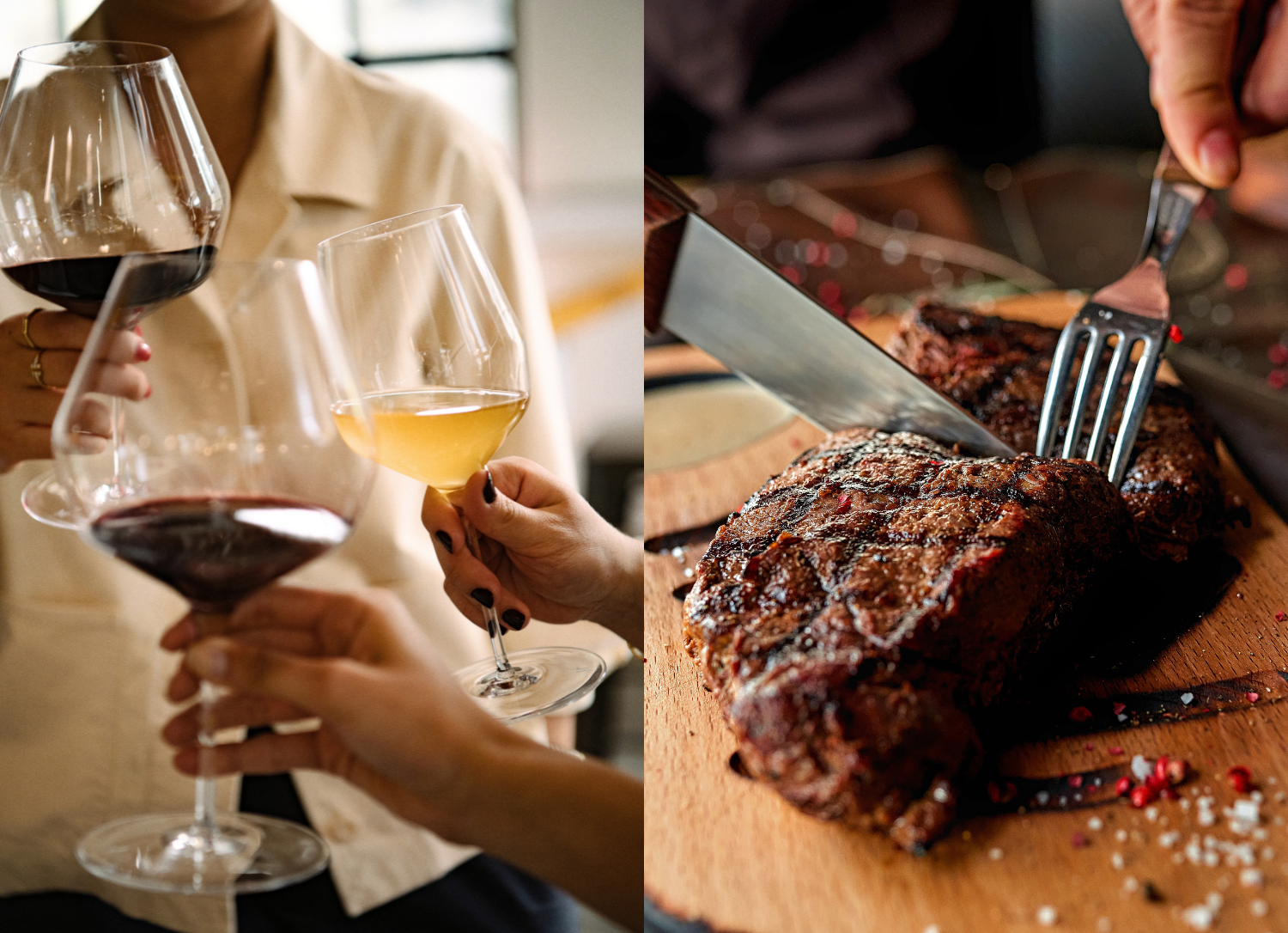Natural wine has built quite the reputation since it first started making waves in the 1970s: few alcoholic beverages are as polarizing! It has many fans, but an equal number of people who just don’t get it—perhaps for the wrong reasons, because there are so many myths about it that discourage people to shop natural wine or just scare them from trying it altogether!
Here are seven natural wine myths that people need to stop believing:

Myth: Natural wine is a recent invention (and a fad)
Truth: Believe it or not, natural wine is actually the oldest, most ancient way of making wine. Conventional winemaking today is a product of mass production and commercialization, and often includes the use of pesticides in growing grapes, as well as sulfites and countless other additives in the winemaking process—none of which existed back when Ancient Rome and Egypt were making and drinking their own vino.
The very first wines in the world were grown and made with little to nothing added, and it’s this same low level of intervention that inspired legendary vignerons in France to begin to move in that direction in the 1970s, starting with greats like Jules Chauvet and Marcel Lapierre of the Beaujolais region. The natural wine movement hasn’t only picked up steam since its conception, and with more focus on sustainability in the world today, there’s very little chance it’ll stop anytime soon.
Myth: You can’t age natural wine
Truth: 90% of all wines—both natural and conventionally-made, especially in lower price ranges—are designed to be consumed young. And while your favorite glou glou is definitely meant to be enjoyed right away, that doesn’t mean that absolutely no natural wine benefits from aging in the proper conditions (specifically, a cool dark place with minimal changes in light and temperature).
There are many natural wines made to be kept for years, even decades. The key to determining which ones those are, as with traditionally-made wines, is structure: look for wines with good acidity, tannins, and balance! A wine being from a reputable maker also increases your odds of finding one meant to be aged, if only because they’re more likely to write their own notes or have a more consistent style. We've found that many natural wines by Gut Oggau, Christian Tschida, and Maria & Sepp Muster, for example, have plenty of aging potential!
Myth: Natural wine doesn’t give you a hangover
Truth: As many will discover from painful experience, natural wine can definitely give you a hangover if you drink too much of it—and so will any beverage containing alcohol! Many say that the worst hangovers are caused by sulfites (which natural wines have minimal amounts of, if at all), but there are currently no scientific studies supporting this.
However, most natural wine tends to be lower in alcohol than its more conventionally-made counterparts (and any hard liquor, of course). Natural wine usually sits between 10-12.5% ABV—meaning larger amounts of it are less likely to get you drunk than, say, the same amount of a vodka pushing 40% ABV or even just a full-bodied Cabernet Sauvignon at 14% ABV.

Myth: All natural wine tastes funky
Truth: Some natural wines do indeed taste funky—with the same wilder notes that kombucha or cheese might have—but the vast majority will actually be just like traditionally-made wine on the palate. Natural wine gets its reputation for funkiness from its minimal intervention philosophy, with winemakers doing little to mask the flavors that might come from spontaneous fermentation. Ultimately, however, this is a choice by the winemaker and not a wine fault (as it would be in a conventional wine).
In short: Some natural wines have funk, but most don’t. It really depends on the winemaker.
Myth: Natural wine doesn’t have any sulfites
Truth: While the platonic ideal of natural wine—fermented grape juice with nothing added, nothing taken away—would be without sulfites, this simply isn’t true for all bottles with that label in reality. The fermentation process in itself can produce sulfites in wine. And while a number of natural winemakers choose to go without adding any sulfites whatsoever in their wines, there are equally as many that think it’s fine to include a small amount to their wines to keep them stable or to improve their shelf life.
But when we say a small amount, it’s up to over ten times less than the amount you might find in a conventionally-made wine you’d find at the supermarket. Conventionally-made wine could contain anywhere between 50 to 350 mg/L of sulfites, while natural wine will never contain higher than 40 mg/L, and will often contain much less.
Myth: Organic, biodynamic, and natural all mean the same thing
Truth: While many natural wines happen to be both organic and biodynamic, they do have their differences.
For one, organic and biodynamic only refer to how the grapes were farmed. Organic is used to signify that the grapes for a wine were farmed sustainably without the use of pesticides and chemical fertilizers. Meanwhile, biodynamic farming is a branch of organic farming that takes it all a step further by aiming to create a self-sustaining ecosystem by focusing on practices to improve biodiversity (like introducing many different plants and animals to the vineyard’s area), soil health, and vine health(following planting cycles and lunar calendars).
Meanwhile, natural refers to the way the wine was made. Because it follows a philosophy of winemaking dedicated to minimal intervention from the winemaker, natural wines must always be organic—but this does not mean that they are immediately biodynamic as well. Being organic or biodynamic is completely the choice of the wine producer.
In short: Biodynamic farming is always organic, but not all things grown organically are biodynamic. Meanwhile, all natural wines are inherently organic and can be biodynamic.
Myth: Biodynamic wines are a scam based on pseudoscience
Truth: On the surface, burying cow horns stuffed with manure and allowing the moon to determine when to plant and harvest sound can admittedly sound strange—and that’s part of the reason biodynamic farming can sstill so controversial today. However, many winemakers who’ve switched to biodynamic practices like these have actually reported that their vines were stronger, healthier, more disease-tolerant. Meanwhile, a study has even found that biodynamic vineyard management can significantly affect a wine’s aromas, even when compared to organic grapes grown in a neighboring plot.
At its core, biodynamic farming focuses on viewing the entire vineyard as a whole living organism, and its practices reflect this. Biodynamic farmers grow other types of plants and introduce animals to their vineyards to encourage biodiversity; use biodynamic preparations made of only natural substances like plants, manure, and minerals (yes, including cow horns) to improve soil health; and only plant and harvest according to nature’s own timing, hence the lunar calendars.
Where to buy natural wine in Manila
There’s no better way to know natural wines than to keep exploring what they have to offer. Shop natural wines in Manila from (Super)Natural, which carries a selection of cult status wines from renowned winemakers like Jean Claude Lapalu, Le Coste, and Le Mazel as well as hidden gems by Coco Farm and Winery in Japan, Judith Beck in Austria, and Fruita Analogica in Spain.
Whether you’re after something approachable or funky, you can buy natural wine online at (Super)Natural and enjoy same-day delivery to your Metro Manila address when you place your order before 2 PM.



